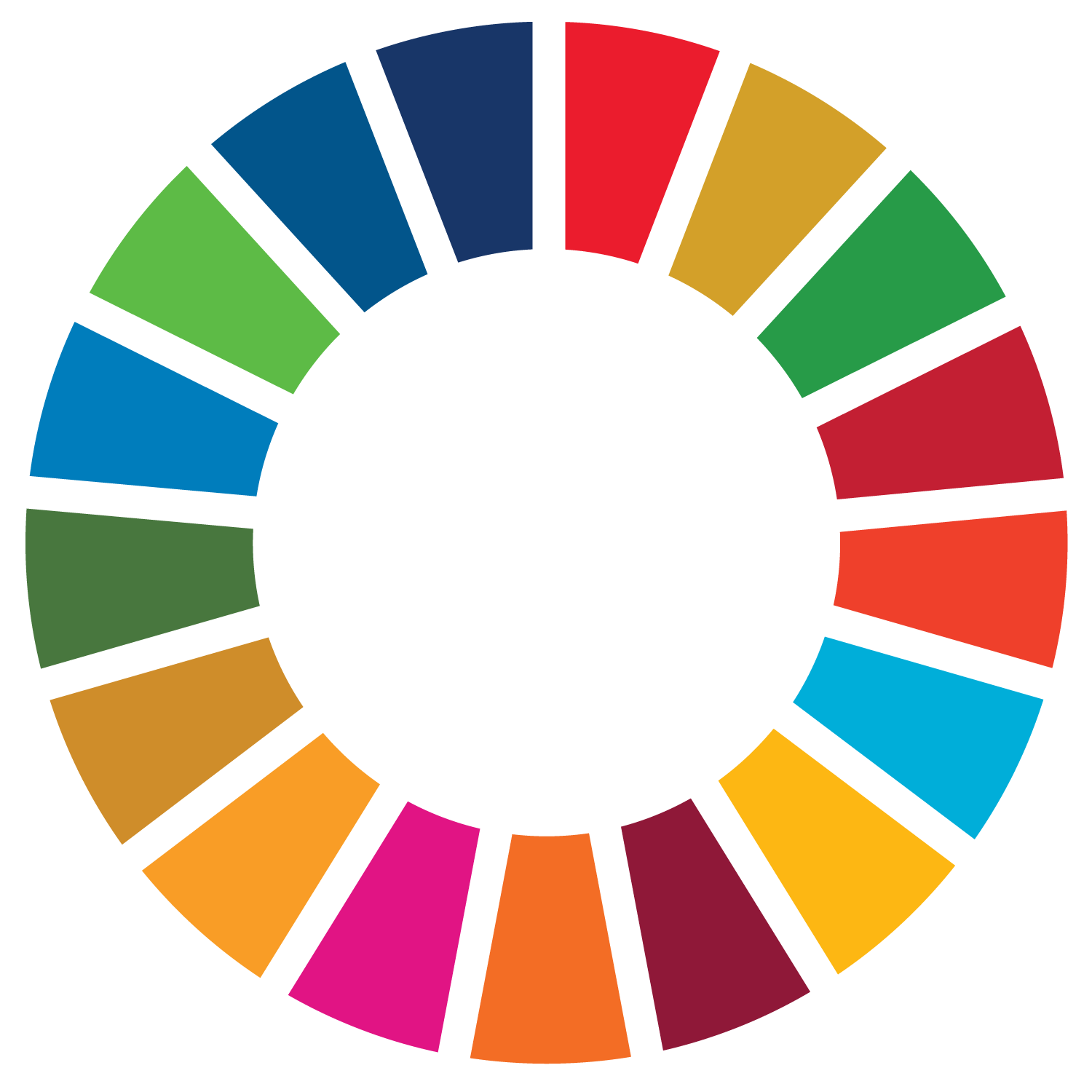© unsplash
- June 4, 2025
The 2024 Progress Report on the Implementation of Integrated Water Resources Management (IWRM) in the Arab Region aims to inform regional and global consultations, including preparations for the 2026 United Nations Water Conference in the United Arab Emirates. This is the third report of its kind, the first being done in 2017 and then in 2020.
While the Arab region average of 56% is on par with global progress (57%), it’s overall rate of progress in achieving SDG 6.5.1 has decreased since 2017. One of the goals of this report, is to analyze the Arab region’s results for SDG indicator 6.5.1, by identifying the main challenges faced by the region for each dimension of IWRM.
Based on this analysis, authors encourage further acceleration through several new regional priorities including:
- Climate change mainstreaming in IWRM: Arab countries are increasingly integrating climate change considerations into water management strategies, driven by rising natural disasters like droughts and floods. Priority climate action should focus on water-related climate change adaptation solutions, which requires both cross-sectoral coordination and high-level political commitment.
- Use of non-conventional water resources: Many Arab states are exploring treated wastewater, desalination, and rainwater harvesting to combat water scarcity. However, scaling these solutions demands supportive policies, funding, and public engagement to overcome social stigma.
- Supporting IWRM in LDCs and conflict-affected contexts: All Arab countries scoring medium-low to low in the SDG 6.5.1 survey were classified as Least developed and conflict-affected Arab nations. The case of Palestine highlights how political constraints hinder water infrastructure development and transboundary cooperation.
- Climate finance to support IWRM: Despite the urgent need, climate finance for water adaptation in the Arab region remains critically low, with only $6.9 billion received against a $127 billion requirement. More accessible and concessional funding is essential to bridge this gap.
The 2024 IWRM report on the Arab region provides a comprehensive roadmap for policymakers, international organizations, development financing entities, and stakeholders in the water sector to prioritize these new opportunities and make significant strides in water management and climate resilience. It underscores the importance of prioritizing IWRM on the water policy agenda at all levels to reverse the trend of decelerating progress. IWRM must be the focus of well-strategized national and transboundary endeavours in the increasingly water-scarce Arab region. By addressing the key challenges and implementing the recommendations, the Arab region can move towards achieving sustainable and resilient water management, essential for the well-being of its population and the environment.
Share this post
UNEP-DHI Centre on Water and Environment
Agern Allé 5, 2970 Denmark
Tel: +45 45169200
